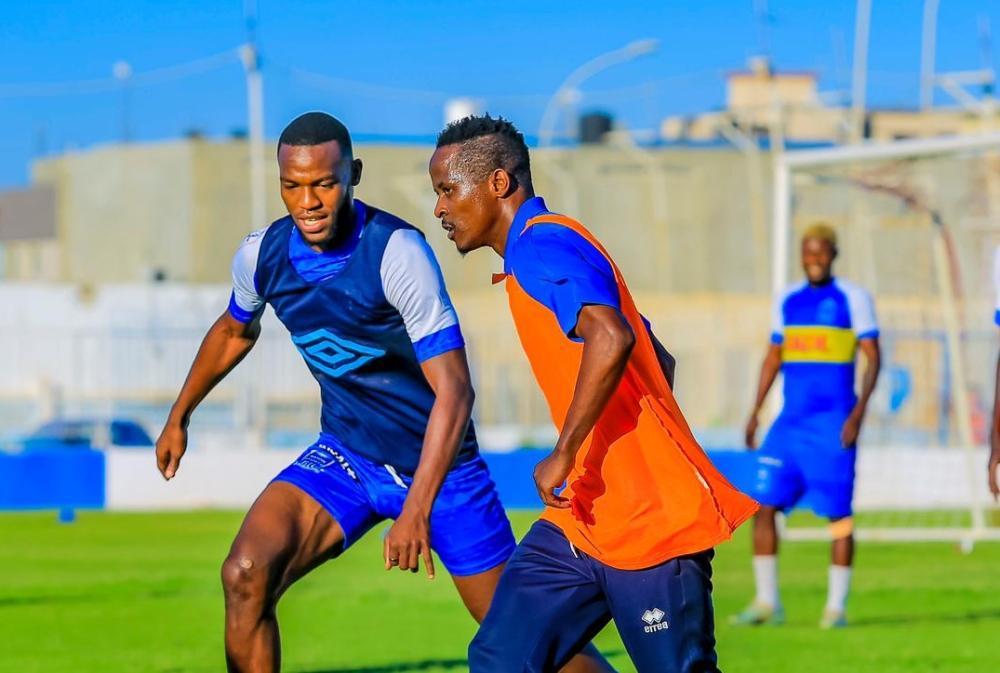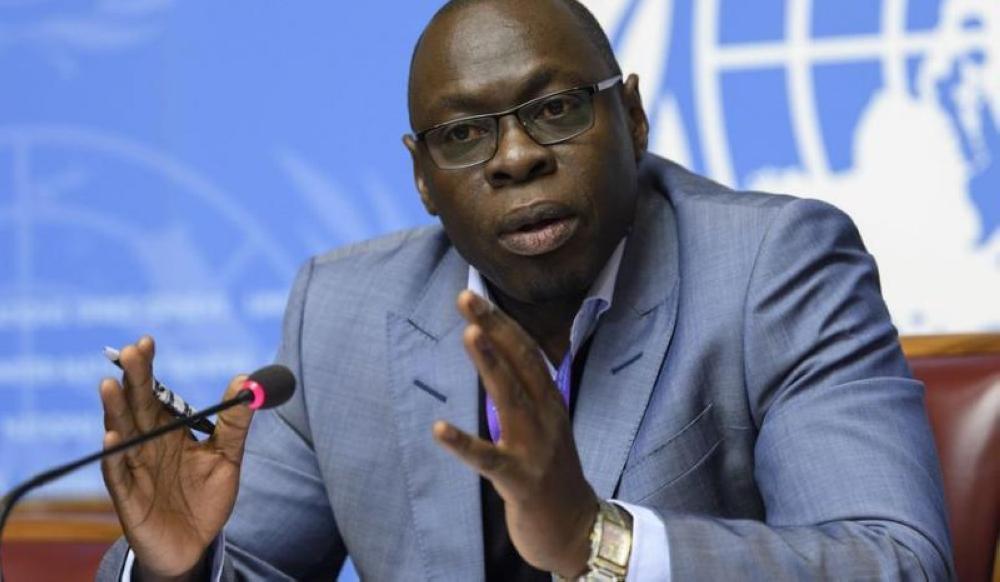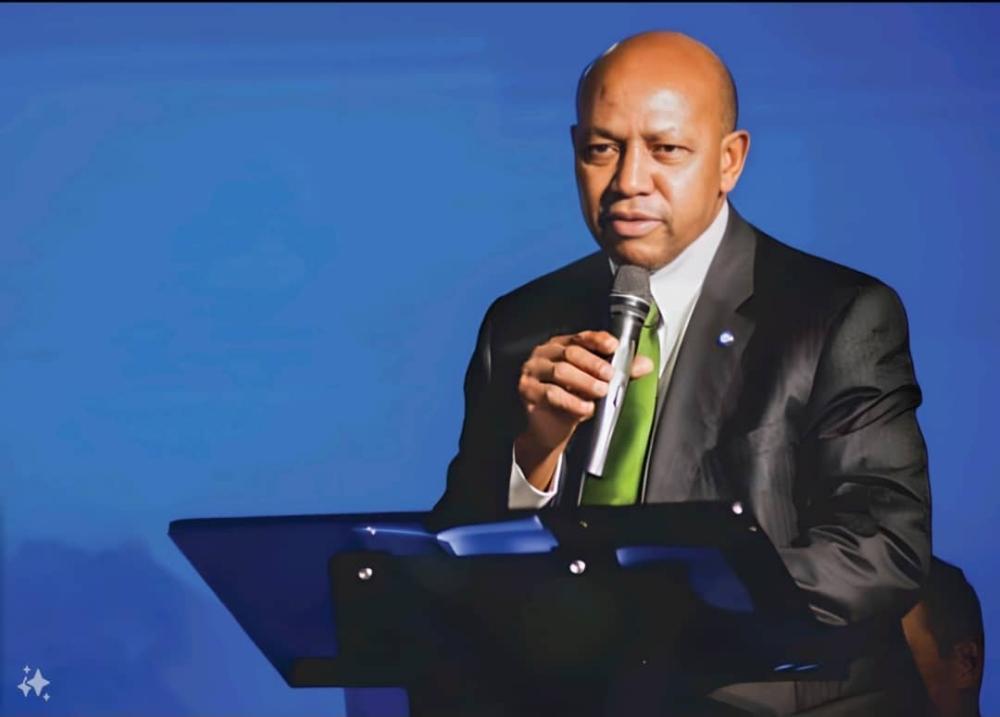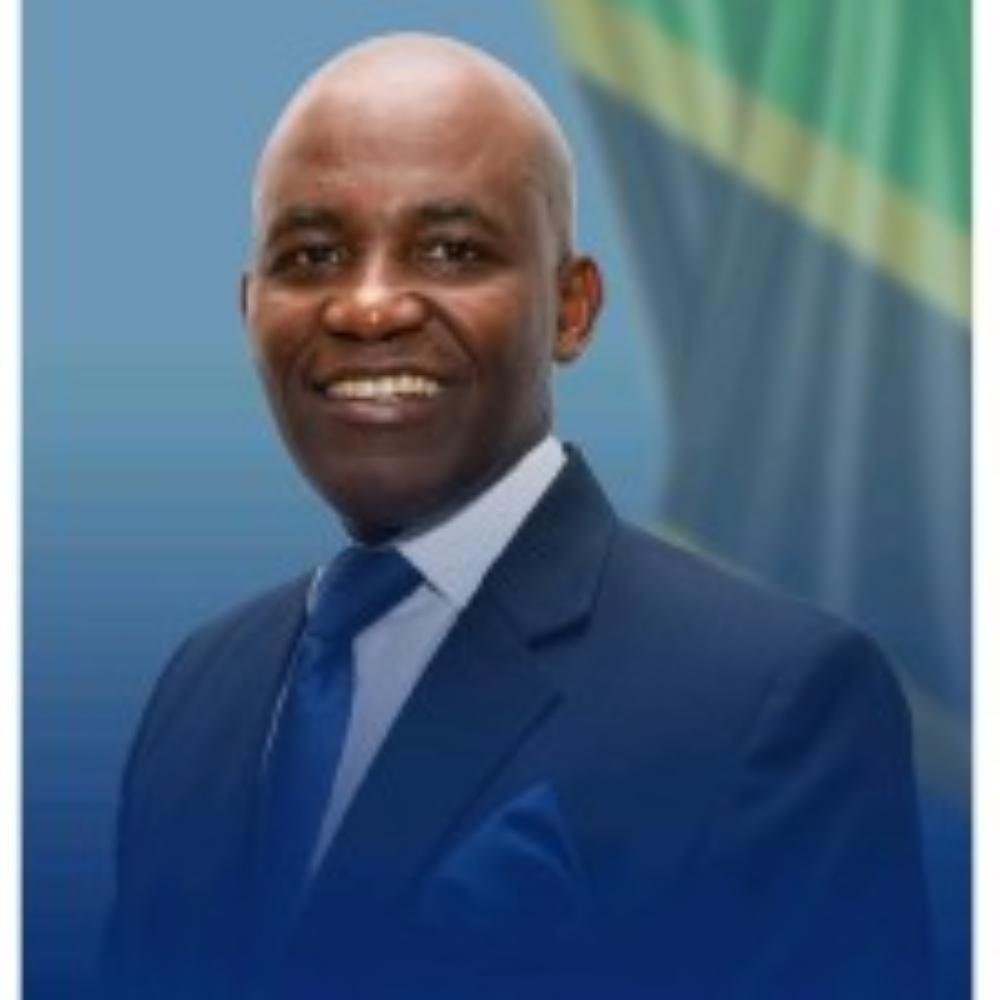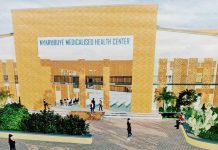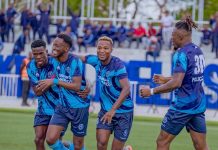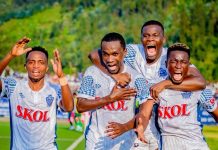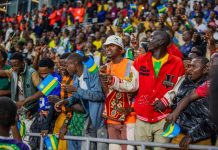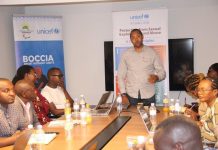Africa-Press – Rwanda. In Rwandan football, particularly with the top clubs like Rayon Sports and APR FC, the ongoing transfer activities highlight a blend of ambition and potential risks associated with player recruitment.
The current flurry of signings, including the potential return of Haruna Niyonzima and pursuits of other notable players, begs the question of whether Rwandan clubs conduct sufficient due diligence or if new signings are made hastily to fill immediate gaps.
Rayon Sports, facing pressure after a trophy-less season and enduring years of trailing behind archrivals APR FC, seem eager to revamp their squad significantly.
This ambition is evident in their pursuits of experienced players like Niyonzima, Kevin Muhire, and others.
However, while these players bring proven track records and leadership qualities, their age and recent form raise concerns about their ability to immediately elevate Rayon’s competitiveness.
Niyonzima, at 34, offers vast experience with close to 110 international football caps for Rwanda and a career spanning clubs across Africa.
His potential return to Rayon Sports, where he previously played (2006-2007) before moving to APR (2007-2011) underscores his familiarity with Rwandan football. Yet, his recent stint in the Libyan Premier League with Al Ta’awon and advancing age necessitate careful evaluation.
Rayon Sports’ recruitment team must assess whether his presence will genuinely strengthen the squad or if it’s more about his past contributions and leadership.
The broader issue is whether Rwandan clubs, in their pursuit of immediate success, prioritize due diligence in player recruitment. The current approach suggests a mix of strategic intent and potential oversights.
While experienced signings can provide short-term impact, there’s a risk of overlooking longer-term sustainability and development.
It’s crucial for clubs like Rayon, APR and, or Police FC to balance their ambitions with a structured recruitment strategy that considers not only immediate needs but also the long-term vision and financial stability.
Moreover, the role of a head coach in recruitment decisions is pivotal. A coach’s input ensures that signings align with tactical plans and team dynamics, fostering cohesion on the field.
However, the absence of clarity regarding Rayon Sports’ head coach after Julien Mette’s departure, adds another layer of uncertainty.
In professional setups, the coach’s vision often dictates player signings to achieve strategic objectives effectively.
Rayon Sports’ aspiration to challenge APR FC, who are also active in the transfer market with signings like Malian winger Mohamadou Lamine Bah and Ghanaian midfield duo Richmond Lamptey and Seidu Yassif Dauda among others, underscores the increasing competitiveness of Rwandan football.
APR’s consistent success in recent seasons, albeit on the local scene, highlights the effectiveness of a balanced approach to recruitment and player development.
For Rayon Sports to mount a credible challenge against APR, they must ensure that their signings not only address immediate deficiencies but also contribute to sustainable growth.
This involves strengthening youth development initiatives, enhancing scouting networks, and fostering a culture of accountability in recruitment processes. This cuts across.
Players like Niyonzima, Muhire, and other reported additions like Congolese forward Junior Kanga Elenga (from Vita Club), Fitina Omborenga, Prince Buregeya, Abdoul Rahman Rukundo and Olivier Niyonzima, fit into a cohesive team structure that aims for both short-term results and long-term stability.
While Rwandan clubs exhibit ambition in the transfer market, including Rayon Sports’ pursuit of seasoned players, the effectiveness of these signings hinges on thorough due diligence and alignment with strategic objectives.
By prioritizing structured recruitment practices, involving the coaching staff, and balancing experience with youth development, Rayon can enhance their competitiveness and challenge APR effectively in the upcoming season. But priority should have been a new head coach!
Four candidates including Rwanda’s Dr Richard Mihigo are contesting to become the next Regional Director for the World Health Organisation’s (WHO) African Region.
In an election that will take place between August 26-30 during WHO Africa’s seventy-fourth session, the regional committee which comprises health ministers of African member states, will vote to nominate the new regional director in a closed meeting in Brazzaville, Republic of Congo.
The nomination will then be submitted to the WHO Executive Board which will sit in Geneva, Switzerland in January 2025.
The newly appointed Regional Director will take office in February 2025 for a five-year term and be eligible for reappointment once.
The New Times takes a look at the three candidates who will be up against Mihigo in the race for the office.
Dr Ibrahima Socé Fall (Senegal)
Dr Ibrahima Socé Fall (Senegal)
Dr Fall, 58, is currently the WHO Global Director for Neglected Tropical Diseases (NTD). Prior to this, he was WHO Assistant Director General for Emergency Response, appointed a year before the COVID-19 pandemic (in March 2019), where he led WHO’s global response to all emergencies, heading the incidence teams.
He holds a PhD in epidemiology and international health, a master’s in public health and many more academic accomplishments.
He has previously served in a number of positions at the WHO including working as its representative in Mali, and Regional Emergencies Director for the WHO and Director for Health Security and Emergencies in the African Region.
Dr Boureima Hama Sambo (Niger)
Dr Boureima Hama Sambo (Niger)
Dr Sambo, 64, is WHO’s Representative to the Democratic Republic of the Congo as Head of Mission. He has previously worked at the WHO headquarters on climate change.
He holds a PhD in epidemiology, and a degree in medicine.
He has previously served as the WHO representative to DR Congo, Gabon and Ethiopia, as well as Programme Area Coordinator for NCDs for WHO Africa.
Sambo has worked as an Associate Professor of Diabetology and Epidemiology at the University of Florida, USA and as an Assistant Professor, Clinical Research, University of Oklahoma, USA.
Dr Faustine Engelbert Ndugulile (Tanzania)
Dr Faustine Engelbert Ndugulile (Tanzania)
Dr Ndugulile, 55, was Tanzania’s country’s Minister for Communication and Information Technology between December 2020 and September 2021 and has also served as a deputy minister of Health, Community Development, Gender, Elderly and Children.
He was also previously a Member of Parliament in his country.
Ndugulile is a medical doctor with a masters of medicine. He also holds a masters of public health.
The three candidates will be competing with Rwanda’s Mihigo, a medical doctor and a seasoned public health expert with expertise in immunisation. Among other qualifications, he holds a Master of Public Health in International Health from Boston University School of Public Health, USA.
He served in many positions, including as the Regional Coordinator of the Immunisation and Vaccine Development Programme at the WHO Regional Office for Africa from 2014 until early 2022.
Between April 2022 and February 2024, Mihigo was the Global Lead and Senior Director for Covid-19 Vaccine Delivery, Coordination, and Integration at Gavi, a position he held until his recent bid for the candidacy to lead the WHO Africa Regional Office.
As he vies for the post, Mihigo envisions an African region where health is at the core of the development agenda, with universal health coverage, accelerated efforts to ensure quality, accessible, and affordable health care for all, through a strong primary health care system tailored to the needs of each African country.
For More News And Analysis About Rwanda Follow Africa-Press

